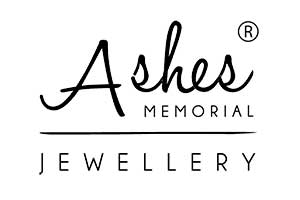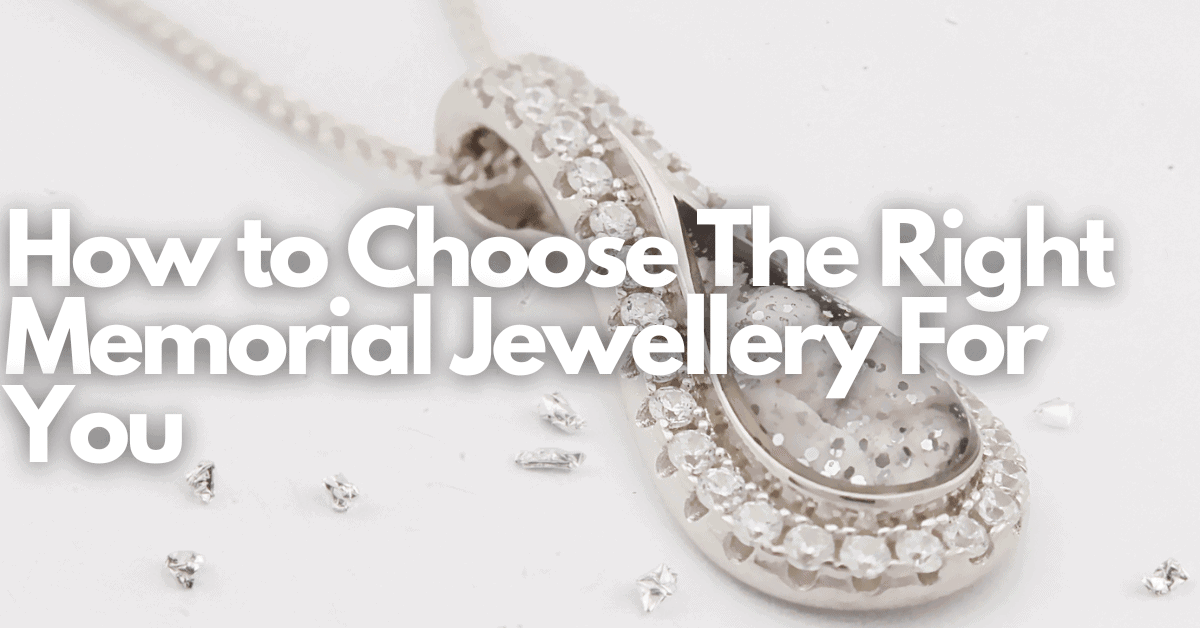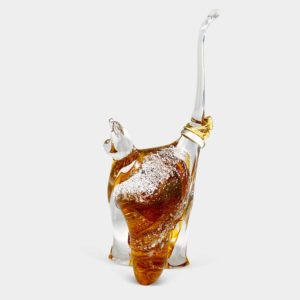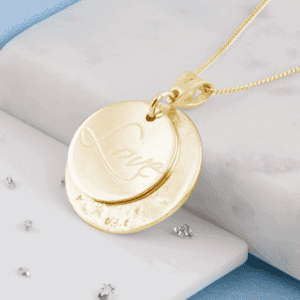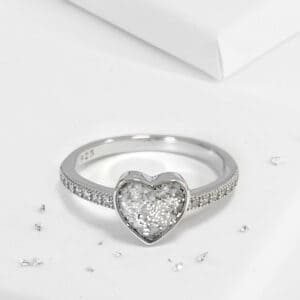How to Choose The Right Memorial Jewellery For You
When you lose someone special, it can feel like an unfair blow.
You are likely to experience a whole range of conflicting emotions; grief, sadness, anger, and guilt are just some of them.
Nevertheless, the process of coming to terms with this tragic event is something that must be dealt with sooner or later.
Many people find that wearing memorial jewellery can be a very positive way of coping with their loss and honoring the memory of their loved one at the same time. After all, what could be a more personal and touching memento than something worn every day?
Not many people would consider jewellery as the natural first choice when dealing with something as sensitive as losing a loved one. Still, there are several good reasons why memorial jewellery could be exactly what you need in your own life following the loss of a loved one.
Why You Should Wear Memorial Jewellery
There are so many lovely reasons why you might want to wear memorial jewellery. Still, the most common are:
You have a loved one who has passed away.
You want to keep their memory alive: In this situation, wearing a piece of memorial jewellery will allow you to keep that person’s memory alive. You can look at the piece of jewellery and remember them at any time of day.
You have suffered a loss but are not ready to get anything permanent.
If you have suffered a sudden loss, such as the death of a loved one, you may not be ready to get a permanent reminder of them.
Wearing a piece of memorial jewellery is a much more subtle and less permanent way of keeping them in your heart.
You have suffered a loss and want to move on while keeping that person’s memory alive.
In this case, wearing a piece of memorial jewellery is a beautiful way to keep the person you loved in your heart while moving forward with your life.
How to Choose the Right Piece of Memorial Jewellery
When it comes to choosing a piece of memorial jewellery, there are a few things to keep in mind.
Firstly, you need to consider the significance of the piece.
Is it a ring?
A necklace?
Does it have any special significance or meaning?
Does it represent the person you are remembering?
Secondly, you need to consider the design and style of the piece.
What are your personal tastes and preferences?
Are you drawn towards bold, eye-catching designs or something more simple and understated?
Thirdly, you need to consider the materials used in the piece.
Will the materials used in the piece be appropriate for the type of jewellery you are looking for?
For example, if you are ideally looking for a pendant, will the materials used in the pendant be appropriate for you? Will the pendant be too fragile or susceptible to damage in your day-to-day life?
The Importance of Choosing the Right Materials
Before you select a piece of jewellery, you need to be fully aware of the significance of the materials used in the piece.
Some materials used in jewellery last longer than others, and the choice of materials used could affect the longevity of the piece you choose.
Silver: Silver is a very common material used in jewellery that has been around for thousands of years. Silver is a really common metal used in jewellery as it has a relatively low cost and is easy to work with. Silver is a very soft metal, so you need to be careful with it to avoid it becoming damaged or broken. Silver is a very common light metal used in the production of jewellery.
Gold: While silver is a very common metal used in the production of jewellery, gold is arguably more popular. Gold has a very long history as a valuable material and is a very common metal used in jewellery. Like silver, gold is a very soft metal and is easily damaged.
Platinum: Platinum is a very rare metal used in the production of jewellery. While rare, it is a precious metal and is often associated with high-end jewellery. Platinum is a tough metal and is unlikely to be damaged or broken. Platinum is often used in expensive and high-end jewellery.
Titanium: Titanium is another common metal used in the production of jewellery. Titanium is a very popular metal used in the production of jewellery, especially “lifestyle” jewellery. Titanium is a strong metal that is unlikely to be damaged or broken.
Steel: Steel is a very common metal used in the production of jewellery. Steel is often used in cheaper and budget-friendly pieces of jewellery. Steel is a really tough and durable metal but also heavy and very difficult to work with.
Chrome: Chrome is a very common metal used in the production of jewellery. Chrome is often used in cheaper and budget-friendly pieces of jewellery. Chrome is a super strong metal that is unlikely to be damaged or broken.
Which Stones Can Be Used in Memorial Jewellery?
Although it is entirely appropriate to have a precious stone set into your memorial jewellery, it is often the case that ashes will be set into either glass, acrylic, or into the banding of the jewellery itself, with stones as an embellishment.
Several different types of precious stones can be used to produce memorial jewellery. Each type of stone has its own specific qualities and characteristics:
Diamond: Diamond is a very common stone used to produce memorial jewellery. Diamond is one of the rarest and most valuable stones in the world, making it a very expensive choice for a piece of memorial jewellery. Diamond is a hard stone that is unlikely to be damaged or broken.
Ruby: Ruby is a very common stone used in the production of memorial jewellery. Ruby is a tough stone that is unlikely to be damaged or broken. Ruby is a very rare and valuable stone and is often associated with high-end jewellery.
Sapphire: Sapphire is a very common stone used in the production of memorial jewellery. Sapphire is a very hard stone that is unlikely to be damaged or broken. Sapphire is a very rare and valuable stone often associated with high-end jewellery.
Emerald: Emerald is a very common stone used in the production of memorial jewellery. Emerald is a very hard stone that is unlikely to be damaged or broken. Emerald is a very rare and valuable stone that is often associated with high-end jewellery.
Topaz: Topaz is a very common stone used in the production of memorial jewellery. Topaz is a very rare and valuable stone that is often associated with high-end jewellery. Topaz is a very hard stone that is unlikely to be damaged or broken.
Opal: Opal is a very common stone used in the production of memorial jewellery. Opal is a very rare and valuable stone that is often associated with high-end jewellery. Opal is a very soft stone that is unlikely to be damaged or broken.
Conclusion
Memorial Jewellery can be a very meaningful way to preserve and honor a loved one’s memory.
To choose the right piece of ashes jewellery for you, remember that you need to consider the significance of the piece and whether it will be wearable every day. When deciding on the materials to use, you also need to consider the weight of the piece and whether it will be able to handle being worn regularly.
No matter which piece of memorial jewellery you choose, you have to choose the right time in your life to wear it. If you wear it too soon, you might be overly sentimental, and chances are that you may change your mind later on. Also, remember that all pieces of jewellery should be worn with care.
